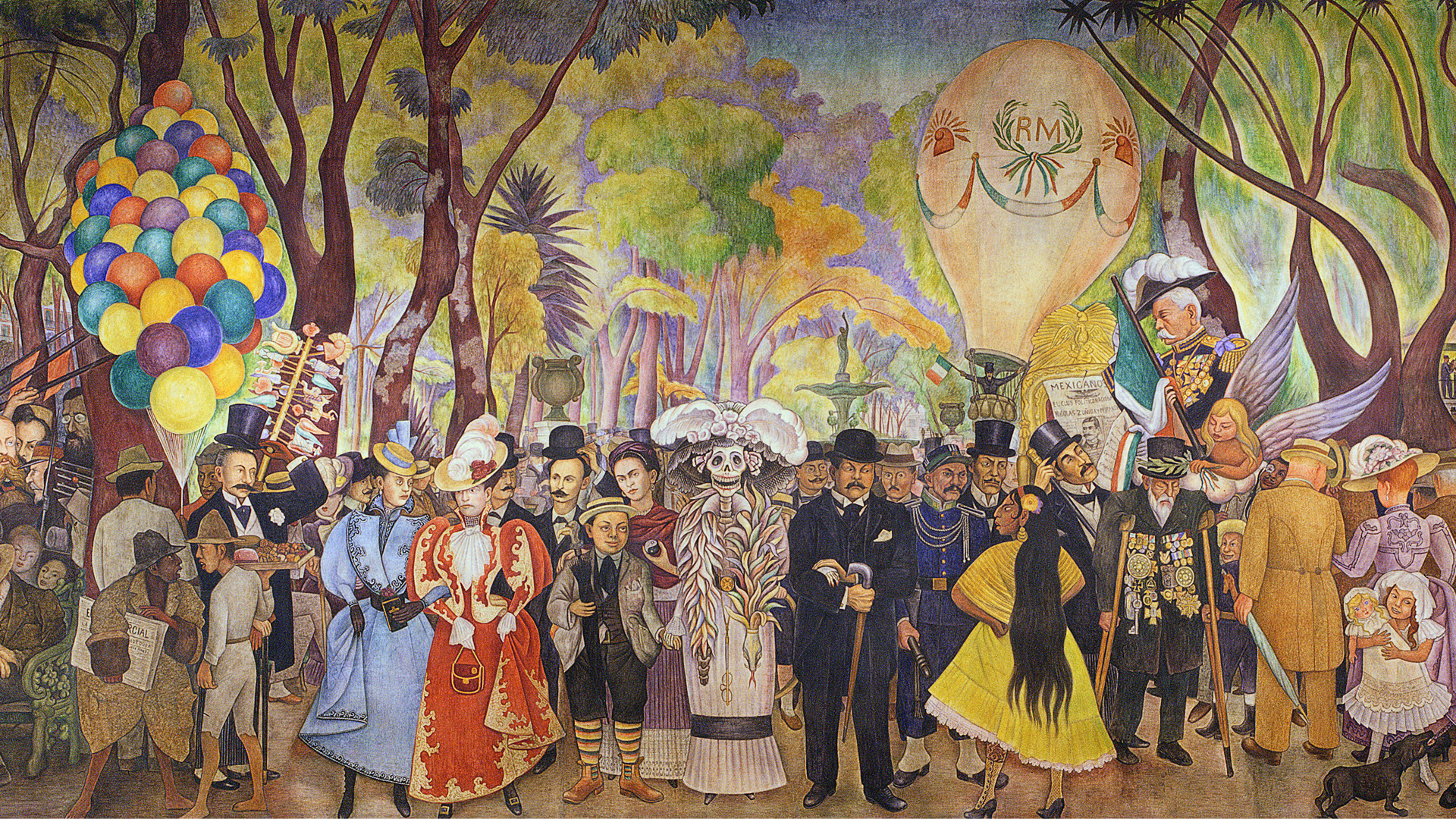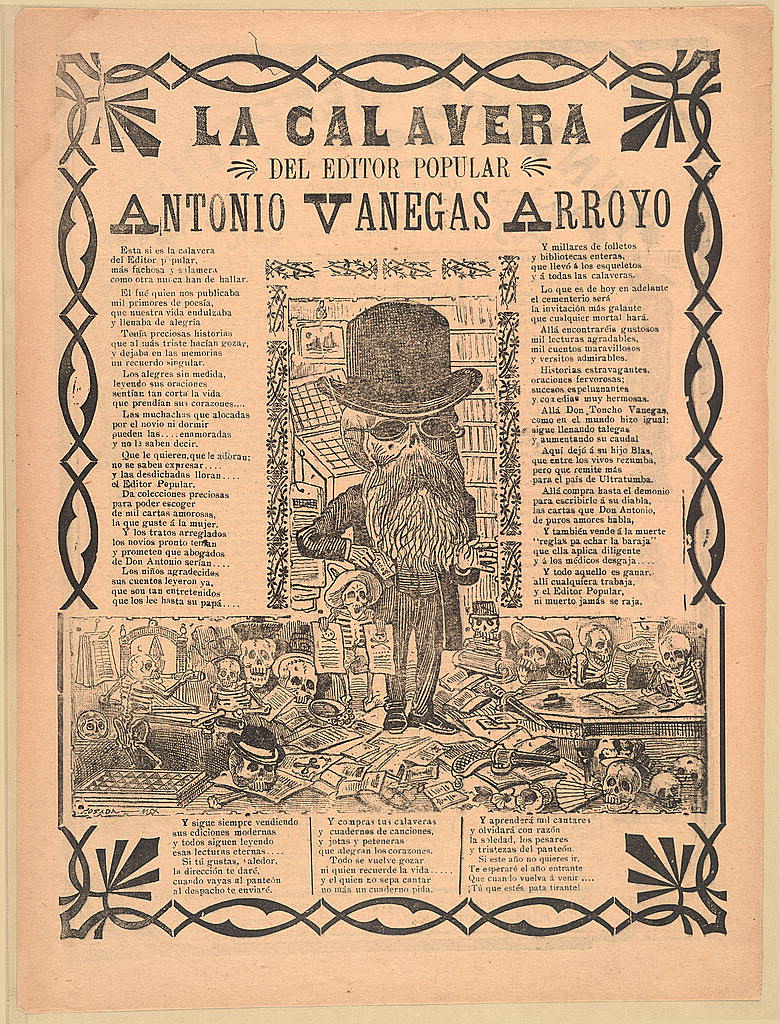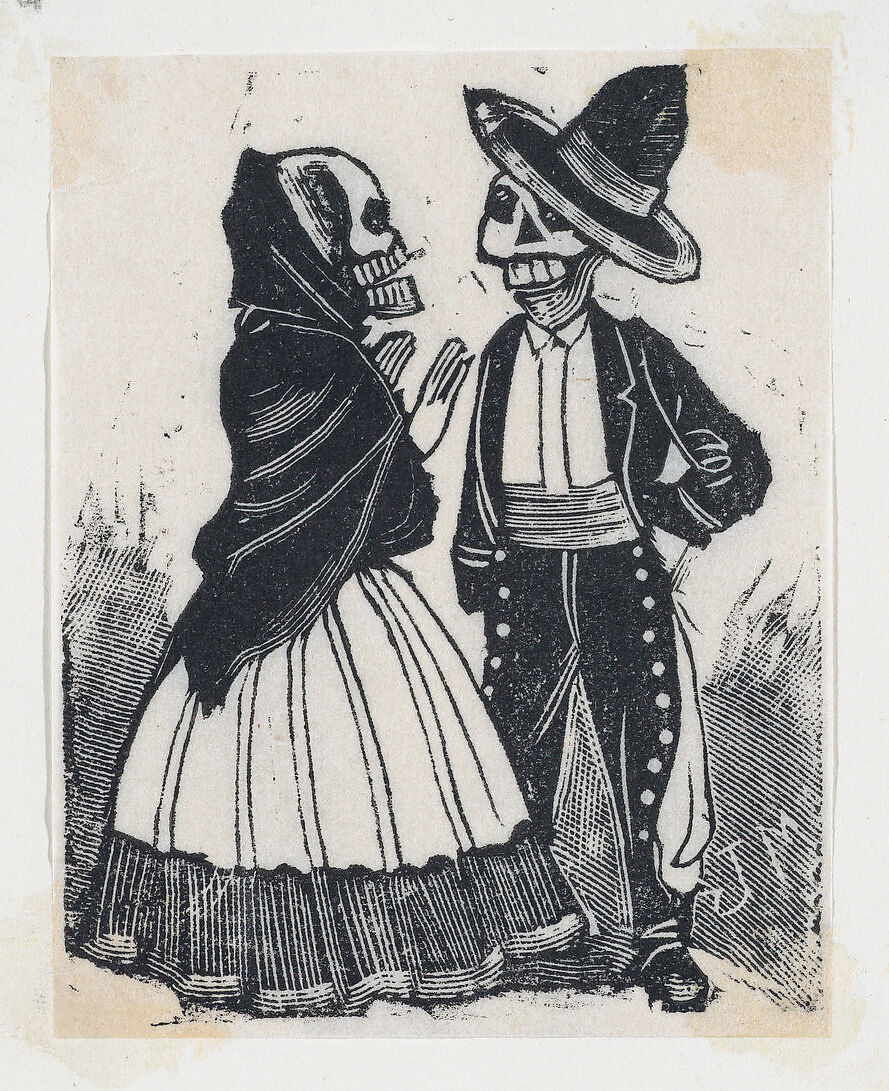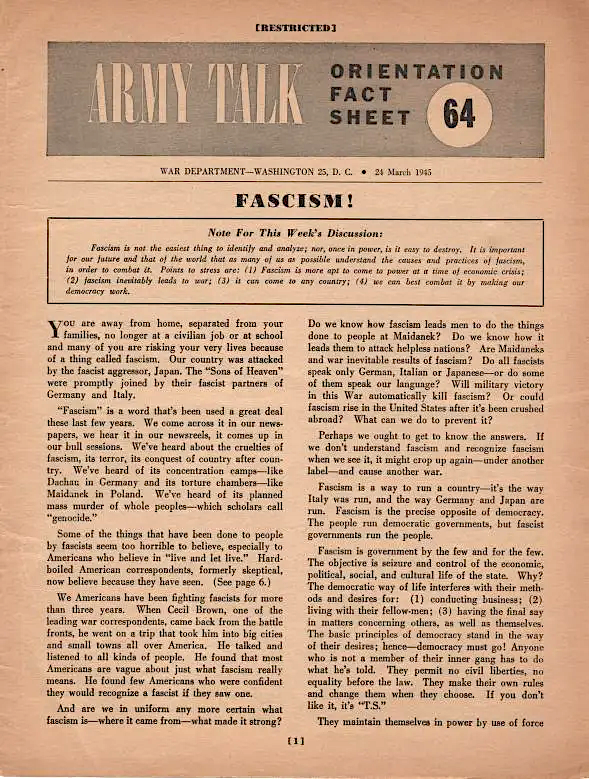More than thirty years after the formal dissolution of the Union of Soviet Socialist Republics, few around the world have a clear understanding of how life actually worked there. That holds less for the larger political and economic questions than it does for the routine mechanics of day-to-day existence. These had a way of being even more complex in the regions where the USSR came up against the rest of the world. Take the German capital of Berlin, which, as everyone knows, was formerly divided into East and West along with the country itself — but which, as not everyone knows, but as clarified in a nineteen-eighties informational video previously featured here on Open Culture, was entirely surrounded by East Germany.
You can learn much else about life on the edges of the Federal Republic of Germany and the German Democratic Republic from the new neo video above, “How the Berlin Wall Worked.” The first thing to clarify is that, even after the division of Germany, the Berlin Wall wasn’t always there; for a time the narrator explains, with “socialism and capitalism, two different nations, and even two different currencies, were separated only by streets.”
Many “lived in one part of the city but worked in the other: East Berliners took jobs in the West in order to benefit from the stronger currency, while West Berliners got their haircuts in the East at prices that were much cheaper to them.” Kurfürstendamm’s shop windows displayed the purchasable glories of capitalism; just a few streets away, Stalinallee swelled with proudly socialist architecture.
But on August 13th, 1961, “Berlin woke up to a divided city.” The GDR immediately began on a wall between East and West “made out of concrete and topped off with barbed wire,” though it couldn’t command the resources to build its whole length quite so solidly right away. Over time, however, the wall was “consistently upgraded with more and more increasing security features.” By 1975, it had become the structure we remember, consisting of not just one but two concrete walls, and between them a barbed-wire signal fence, tank traps, mats of steel needles known as “Stalin’s grass,” and watchtowers manned by armed guards. “Virtually impossible to cross” in its day, the formidable Berlin Wall now exists primarily as a cultural phenomenon: a memory, a series of tourist sites, a sometimes-misused cultural reference. Living in South Korea, I can’t help but ask myself if the same will ever be said of the DMZ.
Related content:
See Berlin Before and After World War II in Startling Color Video
Google Revisits the Fall of the Iron Curtain in New Online Exhibition
Louis Armstrong Plays Historic Cold War Concerts in East Berlin & Budapest (1965)
Watch Samuel Beckett Walk the Streets of Berlin Like a Boss, 1969
Based in Seoul, Colin Marshall writes and broadcasts on cities, language, and culture. His projects include the Substack newsletter Books on Cities, the book The Stateless City: a Walk through 21st-Century Los Angeles and the video series The City in Cinema. Follow him on Twitter at @colinmarshall or on Facebook.












